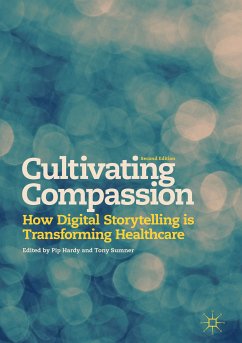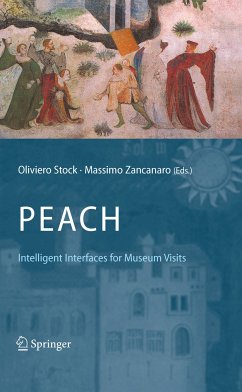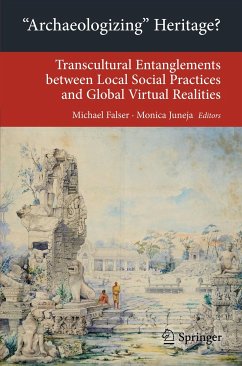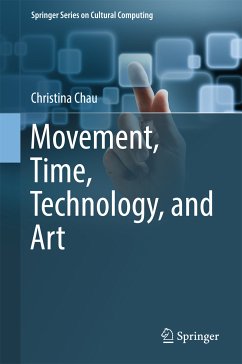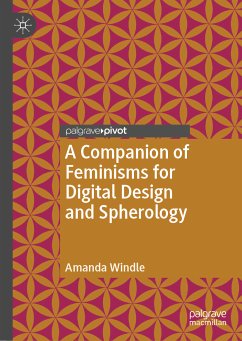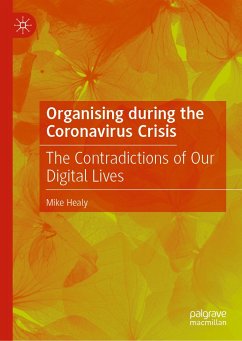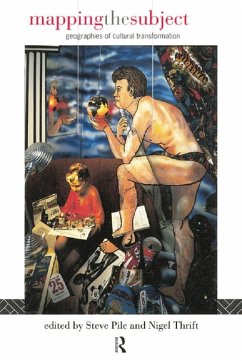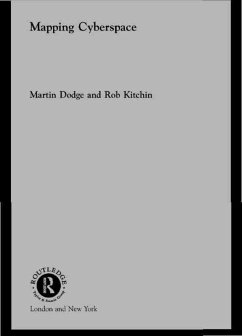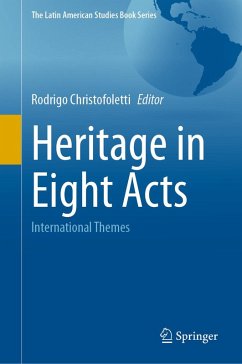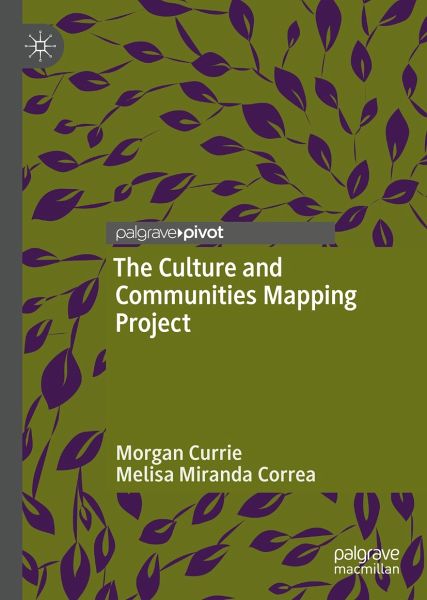
The Culture and Communities Mapping Project (eBook, PDF)
Versandkostenfrei!
Sofort per Download lieferbar
48,95 €
inkl. MwSt.
Weitere Ausgaben:

PAYBACK Punkte
24 °P sammeln!
This book describes three years of work by the Culture and Communities Mapping Project, a research project based in Edinburgh that uses maps as an object of study and also a means to facilitate research. Taking a self-reflexive approach, the book draws on a variety of iterative mapping procedures and visual methodologies, from online virtual tours to photo elicitation, to capture the voices of inhabitants and their distinctive perspectives on the city. The book argues that practices of cultural mapping consist of a research field in and of itself, and it situates this work in relation to other...
This book describes three years of work by the Culture and Communities Mapping Project, a research project based in Edinburgh that uses maps as an object of study and also a means to facilitate research. Taking a self-reflexive approach, the book draws on a variety of iterative mapping procedures and visual methodologies, from online virtual tours to photo elicitation, to capture the voices of inhabitants and their distinctive perspectives on the city. The book argues that practices of cultural mapping consist of a research field in and of itself, and it situates this work in relation to other areas of research and practice, including critical cartography, cultural geography, critical GIS, activist mapping and artist maps. The book also offers a range of practical approaches towards using print and web-based maps to give visibility to spaces traditionally left out of city representations but that are important to the local communities that use them. Throughout, the authors reflect critically on how, through the processes of mapping, we create knowledge about space, place, community and culture.
Dieser Download kann aus rechtlichen Gründen nur mit Rechnungsadresse in A, B, BG, CY, CZ, D, DK, EW, E, FIN, F, GR, HR, H, IRL, I, LT, L, LR, M, NL, PL, P, R, S, SLO, SK ausgeliefert werden.



